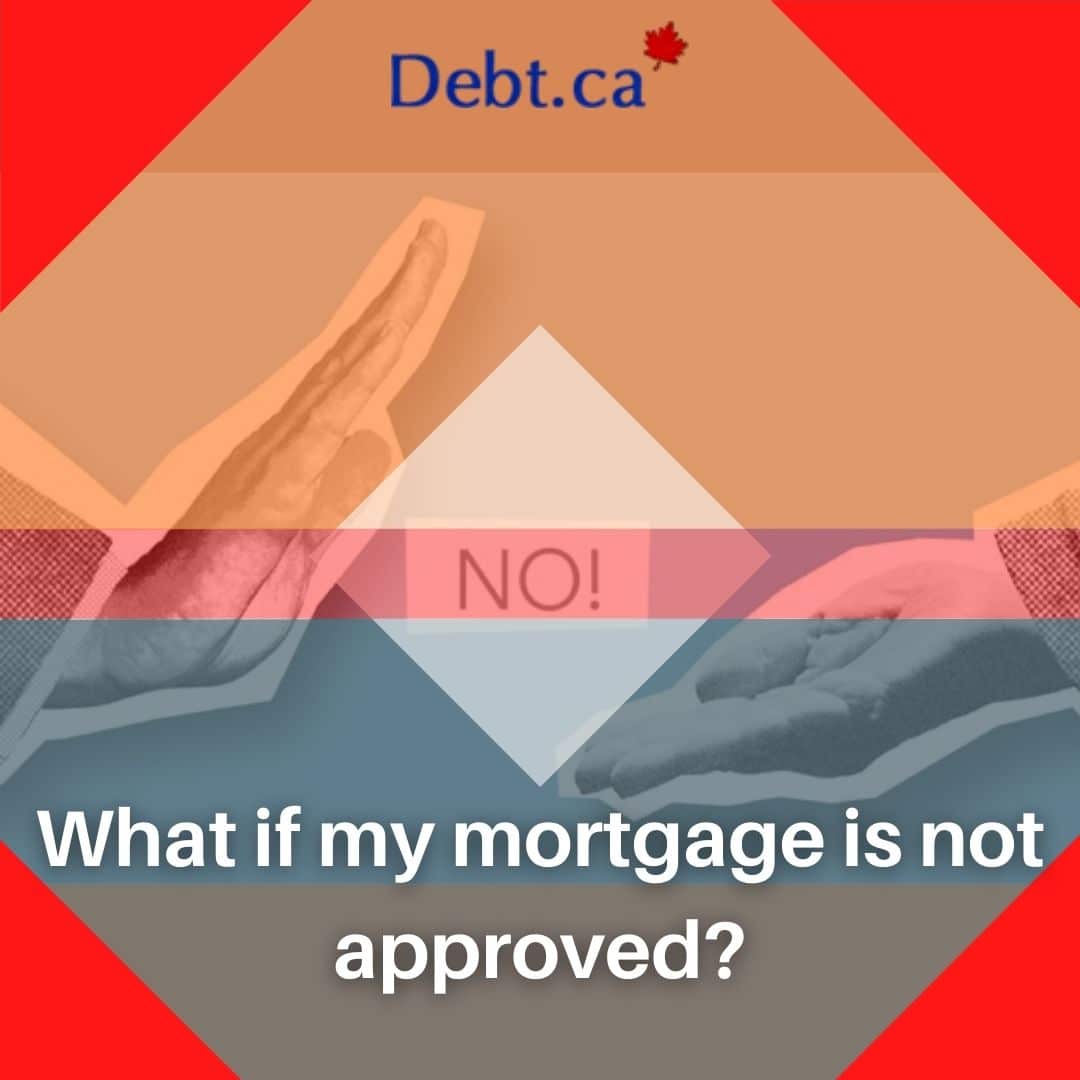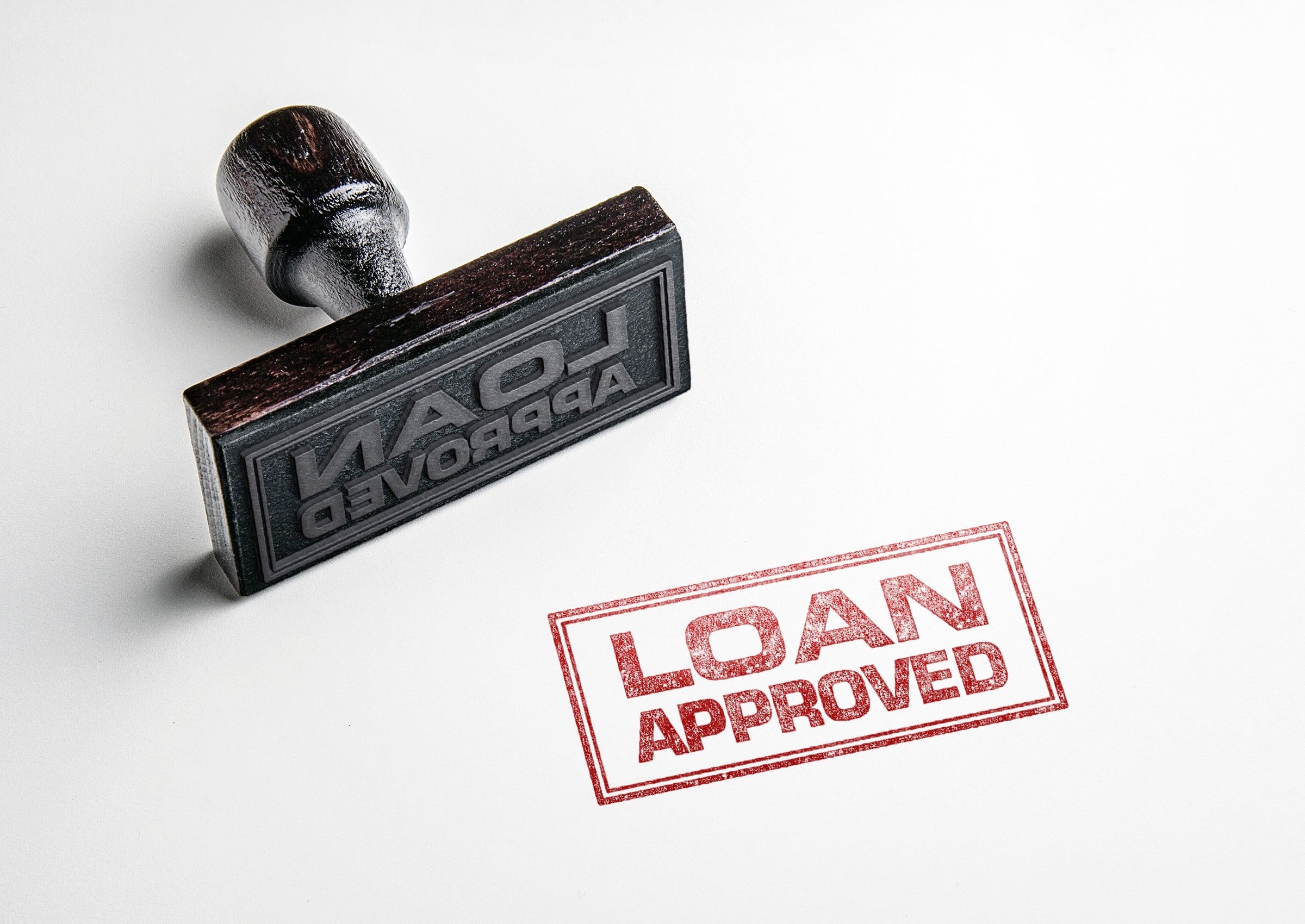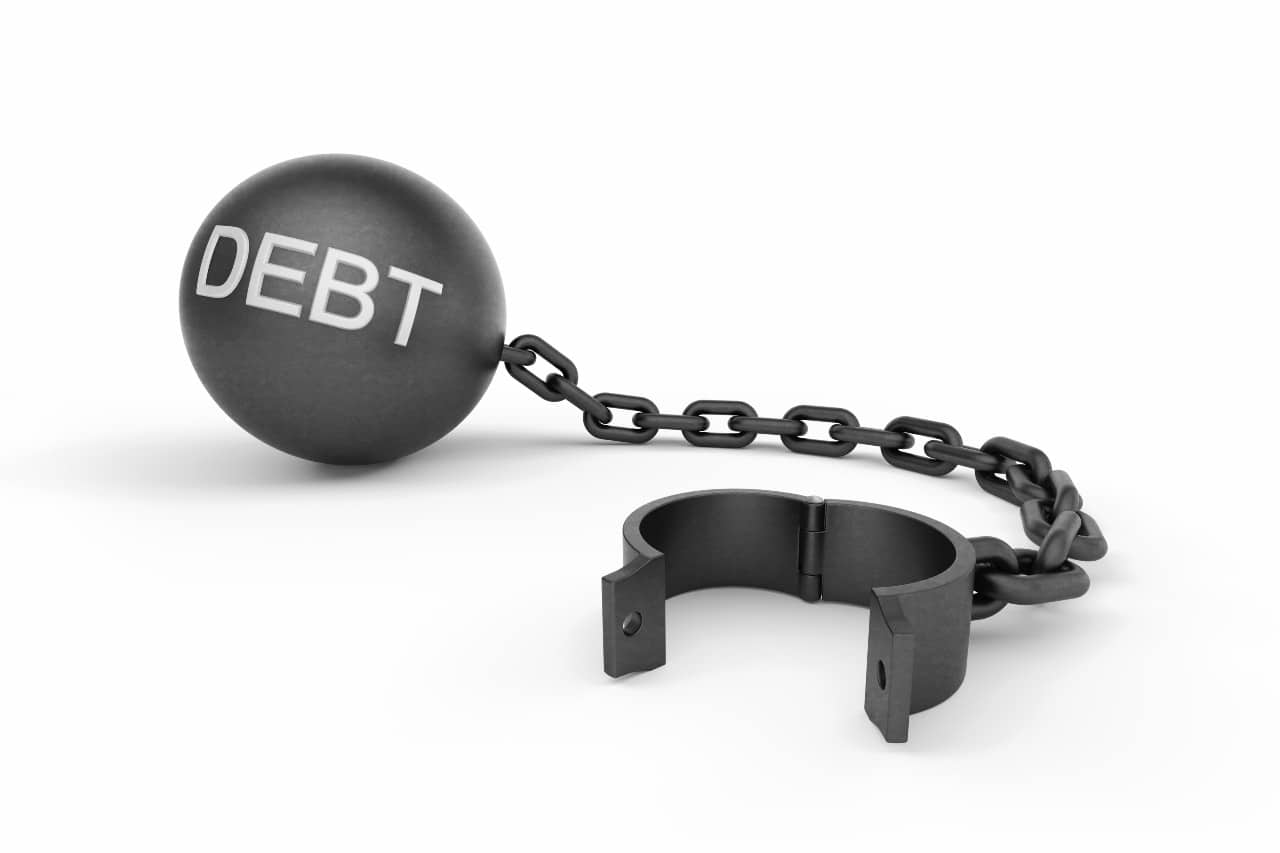It’s devastating news to hear: the application for your mortgage is not approved. Whether it was for a new home purchase, a refinance, or a renewal, mortgage loan forgiveness can leave you scrambling for alternatives.
Not getting approval for a mortgage happens frequently. According to theCMHC’s Residential Mortgage Industry Report, the approval rate for mortgages with a chartered bank can be surprisingly low. Only 61.3% of new home buyers got approval in Q1 2020. While the approval rate is higher for same lender refinancing at 81.4%. In addition, same lender renewals have an approval rate of 96.7%. However, there are numerous applicants who do not qualify for a mortgage.
Mortgage Approval Rates at Canada’s Major Banks
| Home Purchase | Same Lender Refinance | Same Lender Renewal | |
|---|---|---|---|
| Q1 2020 | 61.3% | 81.4% | 96.7% |
What happens to the 38.7% of new home purchasers that can’t get a mortgage? Remember, receiving a mortgage pre-approval doesn’t guarantee one. There are options available to mortgage applicants who do not qualify for a mortgage. However, it depends on the circumstances. First, let’s look at some common reasons why your mortgage is not approved.
Reasons for Mortgages Being Denied
Low Credit Score
You will need a credit score of at least 600 to qualify for a mortgage with Canada’s major banks. Recent bankruptcies on your credit report can mean that your mortgage will be off the table at many banks.
Unstable Employment History
Recent changes in employment can hurt your mortgage application negatively, such as if you’ve recently switched to a new job. Banks like to see a lengthy employment history to show that you have a steady and stable source of income. If you’re self-employed, you might find it harder to get approved for a mortgage.
Low Income
Your income determines if you’re able to afford your mortgage payments and other living expenses. Having a rock-solid employment history and a perfect credit score won’t mean much if you have no income. Generally, the higher your income, the larger the mortgage you can be approved for can be.
Low Down Payment
If you’re getting an insured mortgage, you will need to make a down payment of at least 5%. Non-insured mortgages require a down payment of at least 20%. There’s no getting around with having no down payment when applying for a mortgage with a bank. Not having enough down payment on your home’s purchase price can lead to your mortgage being denied.
Failing the Mortgage Stress Test
All of the above reasons tie into the mortgage stress test, which is required to be conducted at federally-regulated financial institutions in Canada. Not having a credit score of at least 600 and not having a down payment of at least 5% will automatically cause you to fail the mortgage stress test. Since all major banks must conduct the stress test, failing the test will make you ineligible at all of Canada’s major banks.
There are also other reasons for your mortgage application being denied. Home appraisals determine the true value of a home. If you purchased a home for a certain amount, and the home appraisal shows that the home’s value is significantly lower, you might be denied a mortgage or required to make a large down payment. Having a lot of debt can also lead to a mortgage denial. High debt levels will cause your debt service ratios or debt-to-income ratios to be high, which can cause you to fail the mortgage stress test.
If you know why they rejected your mortgage application, what can you do about it?
What should I do if my mortgage application is denied?
There are a few ways you can try to get approved for a mortgage again at a major bank.
Improve Your Credit
You can fix a low or bad credit score over time by making your debt and bill payments on time. Getting a credit card and using it responsibly can help you build your credit score. In some cases, you might even have inaccurate information on your credit report. Be sure to check your credit report carefully and check it often to make sure that the information is correct.
Save Up For a Larger Down Payment:
Making a larger down payment can make it easier to get approved for a mortgage. You can delay your mortgage application and save up for a larger down payment. In addition to using your own savings, you can possibly get a gift from a relative to use as a down payment, or getting a down payment loan. Some lenders don’t allow you to borrow the entire down payment.
Improving your credit and making a larger down payment can also make it easier for you to pass the mortgage stress test. If you have already tried all these options and you’re still getting denied, there are alternative mortgage lenders that can help you get a mortgage.
Alternative Mortgage Lenders
The banks aren’t the only places where you can get a mortgage in Canada. Non-bank mortgage lenders can be more flexible in their lending guidelines and more accommodating to your financial situation.
Private Lenders
Following private mortgage lenders isn’t a requirement to follow the mortgage stress test, so they are lax in their lending requirements. Many private mortgage lenders have no minimum requirements for credit score, income, or employment history. Instead, they may want to see equity in the home.
For many expensive housing markets where mortgage balances can become quite large, such as in Toronto and Vancouver, private mortgage lenders are becoming an increasingly popular choice as an alternative to the banks.
Credit Unions
Most credit unions adhere to provincial regulations, which means they do not require to conduct the mortgage stress test. Although they can still choose to adopt similar lending guidelines, not having the stress test allows credit unions to be more flexible and accommodating.
Mortgage Brokers
Working with a mortgage broker can help connect you to numerous mortgage lenders, and brokers can negotiate on your behalf. If you’ve been denied a mortgage, it doesn’t hurt to try working with a mortgage broker.
Summary
If your mortgage is not approved, it doesn’t mean the end of your home-buying journey. If your lender refuses a mortgage renewal or refinance, you have options too. You can try to improve your credit score or make a larger down payment. If that fails, there are alternative mortgage lenders that are more than happy to help. These include your local credit union, private mortgage lenders, or working with a mortgage broker.









